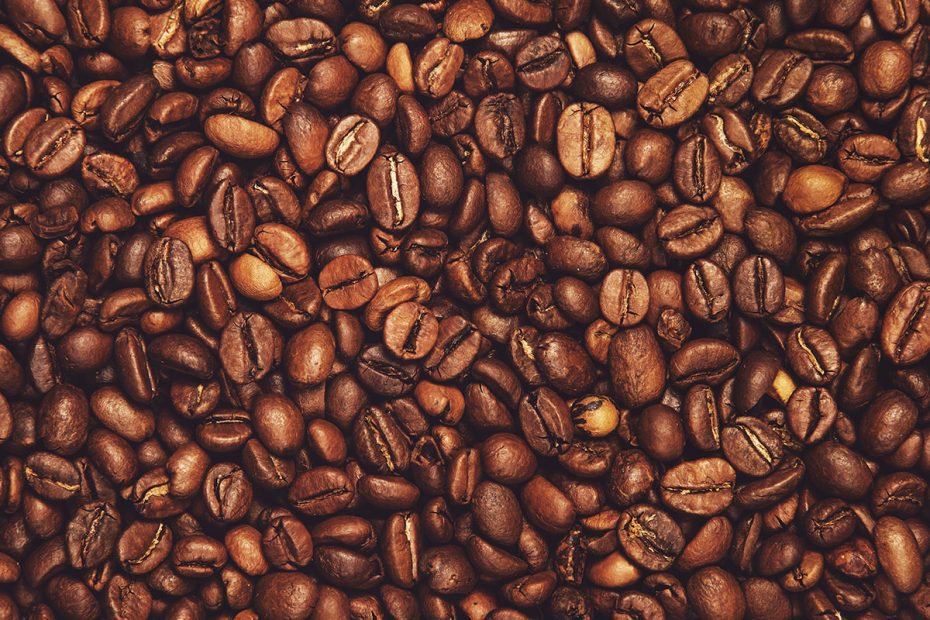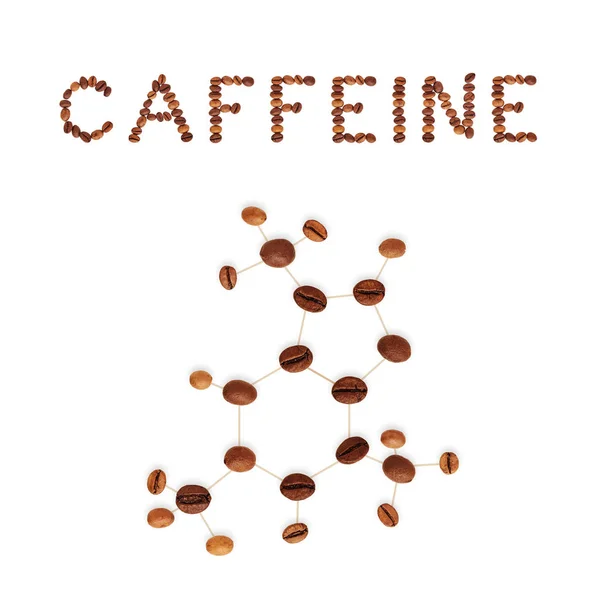


This condition, caused by abnormal brain function, makes people blink incessantly and can leave them functionally blind. There is some evidence that caffeine may help protect people from an eye disorder known as blepharospasm. Observational studies have found that coffee may have protective benefits for people with hepatocellular cancer. However, there is little evidence to support this theory.Ĭoffee consumption may help decrease the risk of cirrhosis and slow the rate of disease progression in hepatitis C infection. Proponents claim that a caffeine enema increases the levels of glutathione, an antioxidant, and so it supports the natural processes of detoxification in the liver. It has been suggested that caffeine enemas may help prepare the colon for an endoscopy or colonoscopy by supporting the excretion of bile through the colon wall. Research from Johns Hopkins University suggests that a dose of caffeine after a learning session may help boost long-term memory. Studies have also reported that people with a higher coffee consumption have a lower risk of Parkinson’s disease. Research has found that lifelong caffeine consumption may reduce the risk of developing Alzheimer’s disease. However, more research is needed to confirm this. Studies have suggested that drinking coffee may help enhance some thinking skills and slow the mental decline that comes with age. Coffee also contains polyphenol antioxidants, and these, too, act on various pathways. Brain functionĬaffeine affects adenosine receptors in the brain. However, the effects on short-term, high-intensity exercise remain inconclusive. The European Food Safety Agency (EFSA) recognize that caffeine can increase endurance performance, endurance capacity, and reduction in perceived exertion. Sports performanceĬaffeine can improve physical performance during endurance exercise. However, caffeine is not a substitute for sleep. AlertnessĪ 75-mg serving of caffeine can increase attention and alertness, and a 160 to 600-mg dose may improve mental alertness, speed reasoning, and memory. Research has not confirmed long-term results. Weight loss products that are marketed as thermogenics may contain caffeine and ephedra, or ephedrine. stimulating thermogenesis, so the body generates more heat and energy from digesting food.suppressing the appetite and temporarily reducing the desire to eat.Weight lossĬaffeine may boost weight loss or prevent weight gain, possibly by: The FDA has questioned the safety of this practice.Ĭaffeine may have some health benefits, but not all of these have been confirmed by research. These have raised concerns, especially regarding the potential impact on children and adolescents. “Energy drinks” contain varying amounts of caffeine.Īdditional products are now appearing on the market, from “psyched up” oatmeal to “wired” waffles. One 8-ounce cup of coffee: 95 to 200 mgĭecaffeinated cola and soft drinks contain no caffeine, but decaffeinated coffee is not caffeine-free.The amount of caffeine included in some common foods and beverages are: There is no set limit for children, but the American Academy of Pediatrics (AAP) discourages the consumption of caffeine and other stimulants by children and adolescents. This amount is not associated with negative effects. The FDA recommends that healthy adults limit their caffeine intake to a maximum of 400 milligrams (mg) a day, about 4 or 5 cups of coffee. Food sourcesĬaffeine features in tea, coffee, and chocolate, and it is regularly added to gum, jelly beans, waffles, water, syrup, marshmallows, sunflower seeds, and other snacks.

It paralyzes and kills insects that attempt to feed on them. Caffeine occurs naturally in the leaves, seeds, or fruit of more than 60 plant species, including:Ĭaffeine in plants acts as a natural pesticide.


 0 kommentar(er)
0 kommentar(er)
